
World Cup South Africa win their bet

While Spain and the Netherlands prepare to fight for football’s top prize on Sunday, early assessments of the first World Cup on African soil are largely positive.
Well organised, a hospitable welcome and only minor hiccups: the impressions of the month long tournament suggest South Africa has had an overall success.
It’s an ongoing ritual. After any international sport competition, the numbers are quoted. The South African interior ministry said there were over a million visitors in June, 25 per cent up on the same month last year.
Danny Jordaan, the head of the organisation committee says three million spectators poured into South African stadiums and proved wrong those who had predicted seats would be half-empty.
South African President Jacob Zuma says the economic side has been a success as well. He estimates the 33 billion rands (SFr4.5 billion) spent on the competition provides “a good return on investment”, with a four-point boost in GDP predicted as a result.
However, many analysts remain sceptical about the economic repercussions of such an event.
In one of the most socio-economically divided countries in the world, where 43 per cent of population live below the poverty line, the lasting investment will likely only benefit people who are already well off, a number of NGOs have said.
A warm welcome
But the success of this worldwide event can also be measured by the experience of the visitors and the images they will keep of this first African World Cup.
On this issue, opinions are almost unanimous. Yves Débonnaire, coach of the Swiss under-16 squad, was moved by “the kindness of all these people, who really wanted to exchange something with the visitors”.
His colleague Claude Ryf, coach of the under-17s, is equally full of praise: “South Africans have really proved how happy they were to host the World Cup, talk about their country and present it to the world”.
Like most of his fellow-journalists, Daniel Burkhalter, Swiss Radio and Television’s (RTS) special correspondent was impressed by the tranquillity and the sense of brotherhood that surrounded the stadiums.
“Before leaving, journalists received a DVD with a special warning against crime in South Africa. When I watched it, I was a bit worried, but during my stay over there, I never felt the slightest anxiety.”
South African authorities had mobilised 40,000 extra policemen to organise a safe event.
Far from the townships
But there are some things no organisation committee can control. The early disqualification of South Africa and the freezing cold temperatures at nightfall cooled the enthusiasm of many South African supporters.
“But once the ‘Bafana Bafana’ were eliminated, all South Africans, whites included, continued to support African football, for instance Ghana,” Burkhalter said.
Pascal Holliger, from Neuchâtel, who founded the NGO Inbewu and specialises in development through sport, followed the tournament closely.
Despite the excitement that lasted throughout the month of June, he was sorry about the “aseptic” atmosphere surrounding the event.
“In Johannesburg, Durban and Cape Town the party was good. The other towns were a bit behind. I sometimes found the atmosphere was a little clinical, since Fifa wanted to control everything,” he said. “The fan-zones didn’t all enjoy great success, simply because they were not set up in townships, at the heart of African football.”
The observers are indeed aware that although the party was a success, it concerned only a minority of South Africans.
“Unfortunately, not everyone had access to the stadiums,” Ryf said. “But the whole population, including the townships, were involved in the event.”
National unity
Holliger was adamant that the “other”, less visible, Africa should not be excluded from the Cup.
On the sidelines of the Swiss-Chile match at Port Elizabeth, the heads of the Swiss Football Association and the defender Philippe Senderos had a chance to visit the projects of development through sport in townships.
“It was important that they should realise the context in which the World Cup was taking place,” Holliger said. “In South Africa it is easy not to see the reality [poverty], which concerns over 70 per cent of population. I think they were deeply moved by what they saw just ten minutes’ drive away from their hotel.”
So what will be the mood of South Africa when it wakes up on Monday morning?
“The World Cup will go as quickly as it came,” Holliger predicts. “The newspapers have started talking about corruption and nepotism again. But for a month there was a true national unity. Whether they were black or white, rich or poor, everyone wanted to show the world that this rainbow nation could organise big events and possessed a great potential”.
“As it often is the case, sceptics were wrong,” Ryf concluded. “Remember how it was with the World Cup in Italy in 1990? Many people said the stadiums wouldn’t be ready on time.”
It’s an old song already being sung in Brazil, the next stop on Fifa’s world tour in four years’ time.
Samuel Jaberg, swissinfo.ch (translated from French by Emily Wright)
1934 (Italy/quarterfinal/trainer Heinrich Müller)
1938 (France/ quarterfinal /Karl Rappan)
1950 (Brazil/first round/Franco Andreoli)
1954 (Switzerland/ quarterfinal /Rappan)
1962 (Chile/ first round /Rappan)
1966 (England/ first round /Alfredo Foni)
1994 (United States/last 16/Roy Hodgson)
2006 (Germany/last 16/Köbi Kuhn)
2010 (South Africa/ first round /Ottmar Hitzfeld)

In compliance with the JTI standards
More: SWI swissinfo.ch certified by the Journalism Trust Initiative


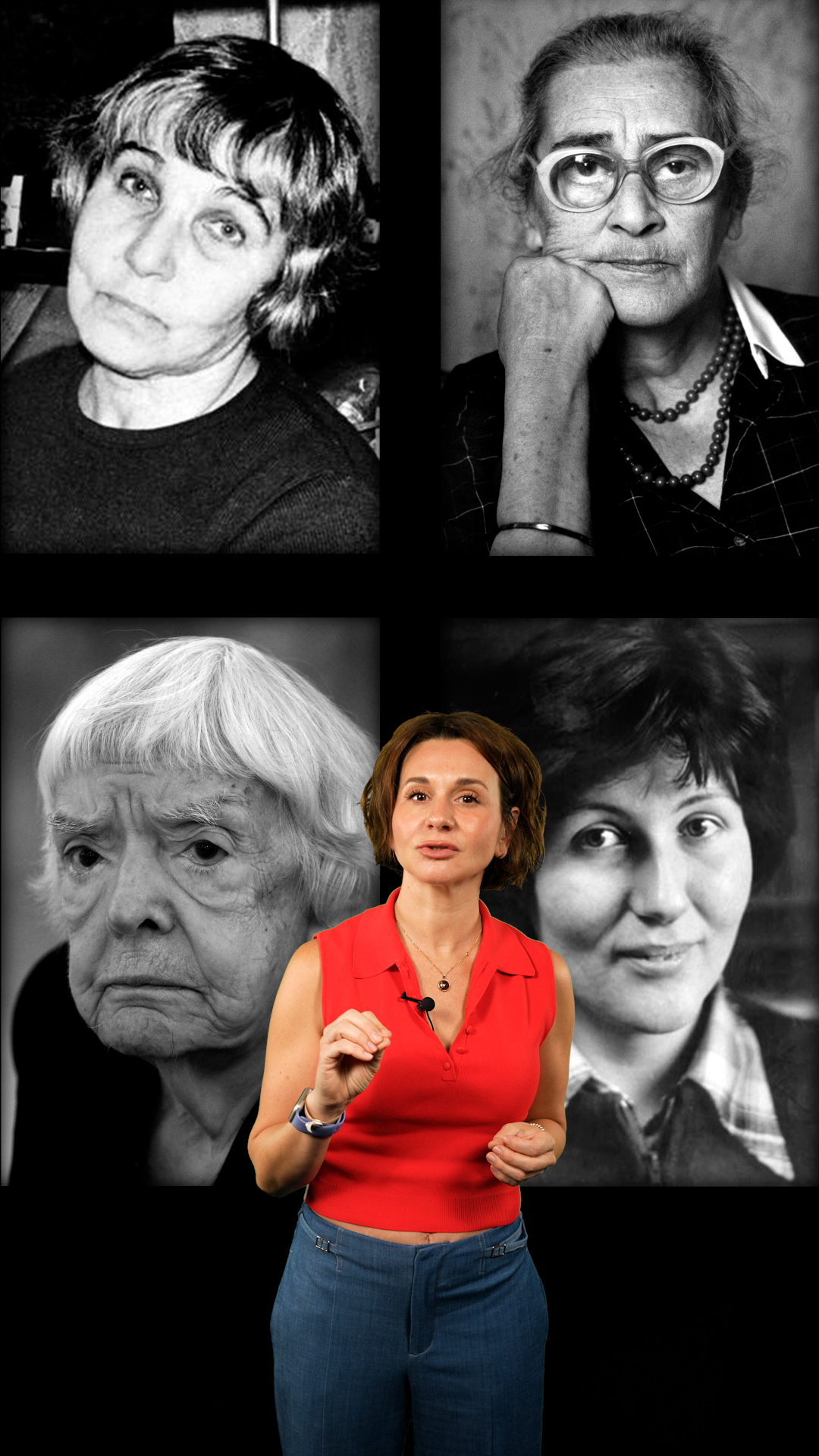





























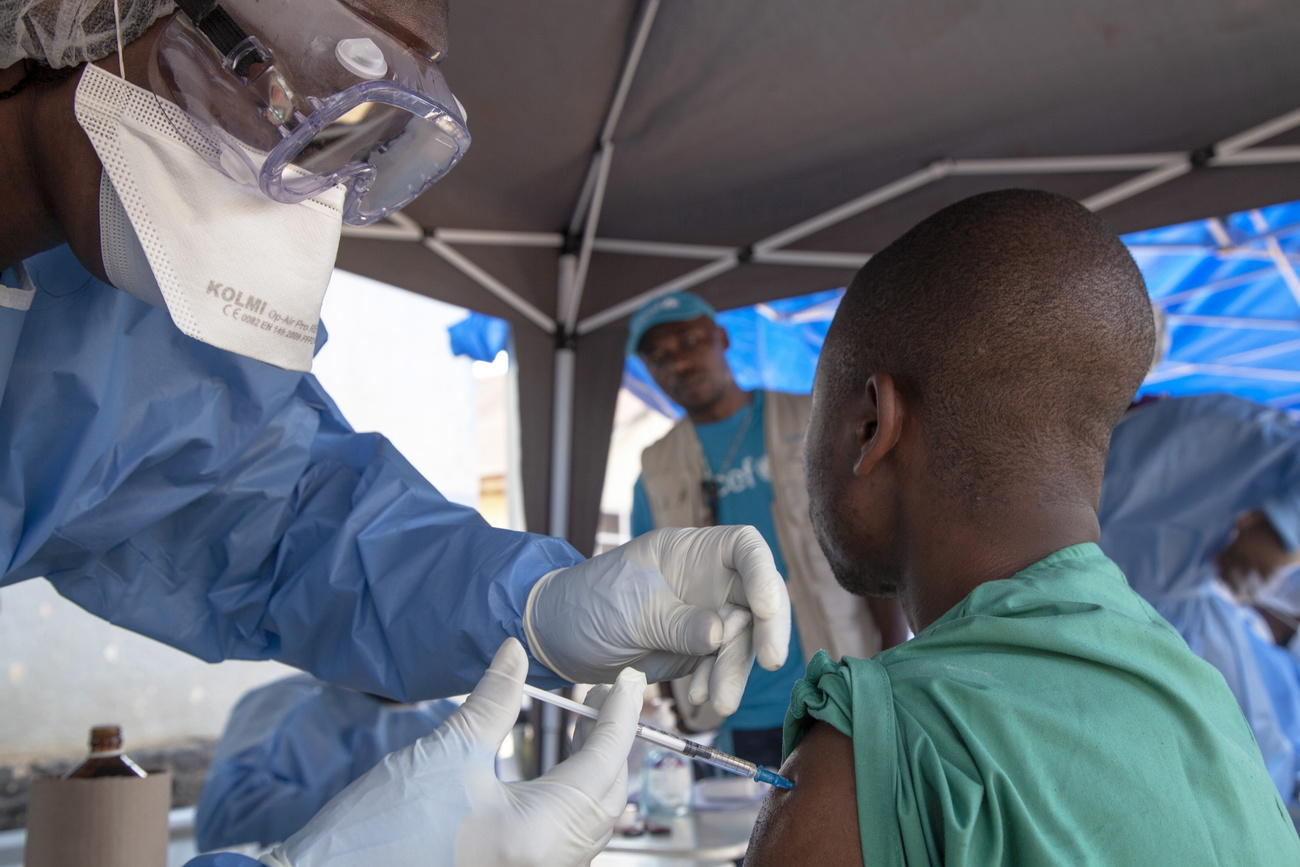
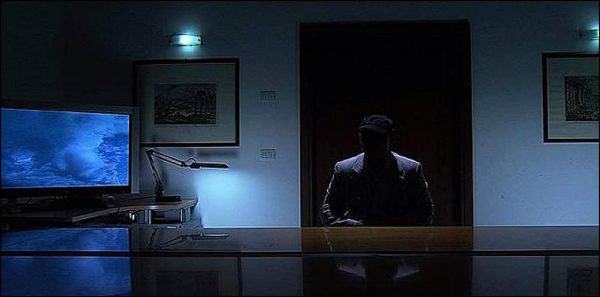

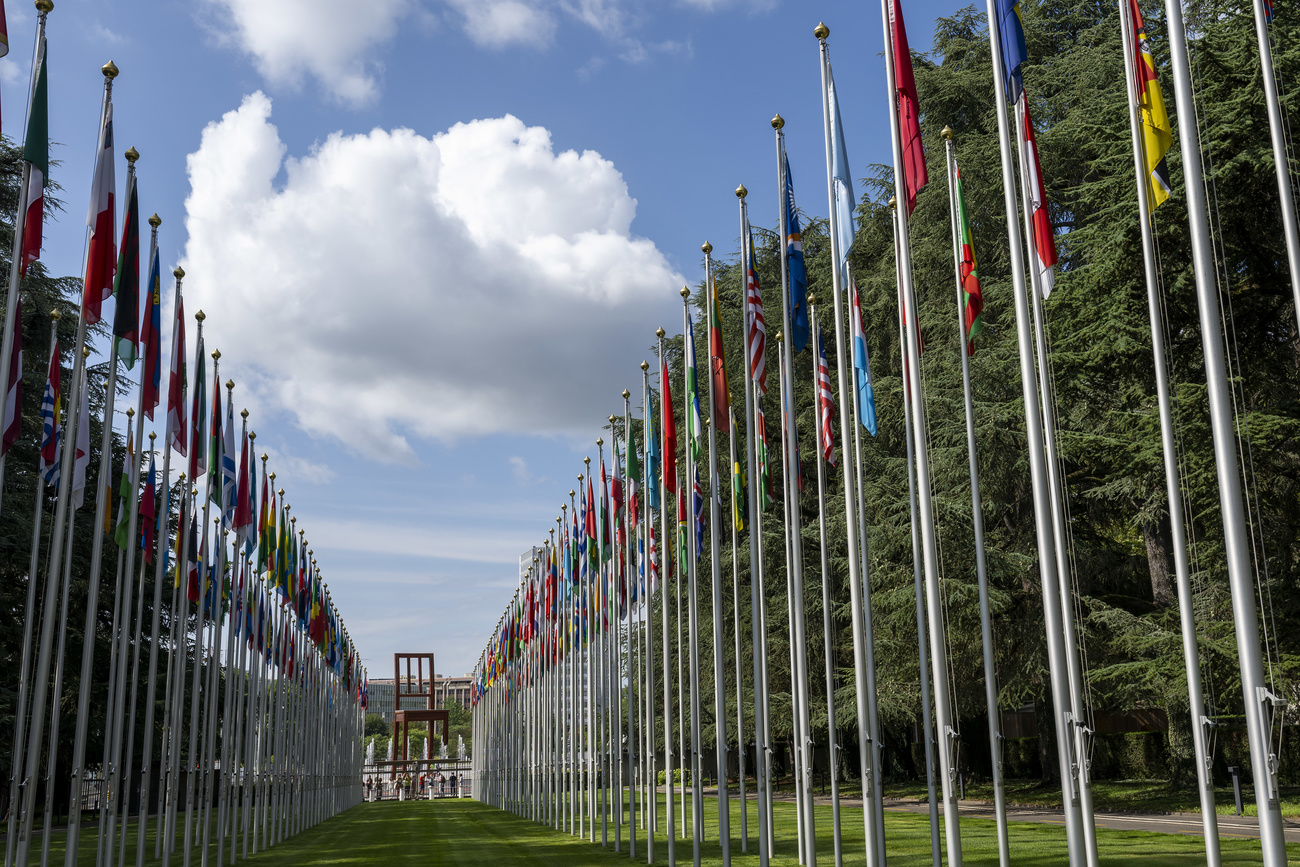





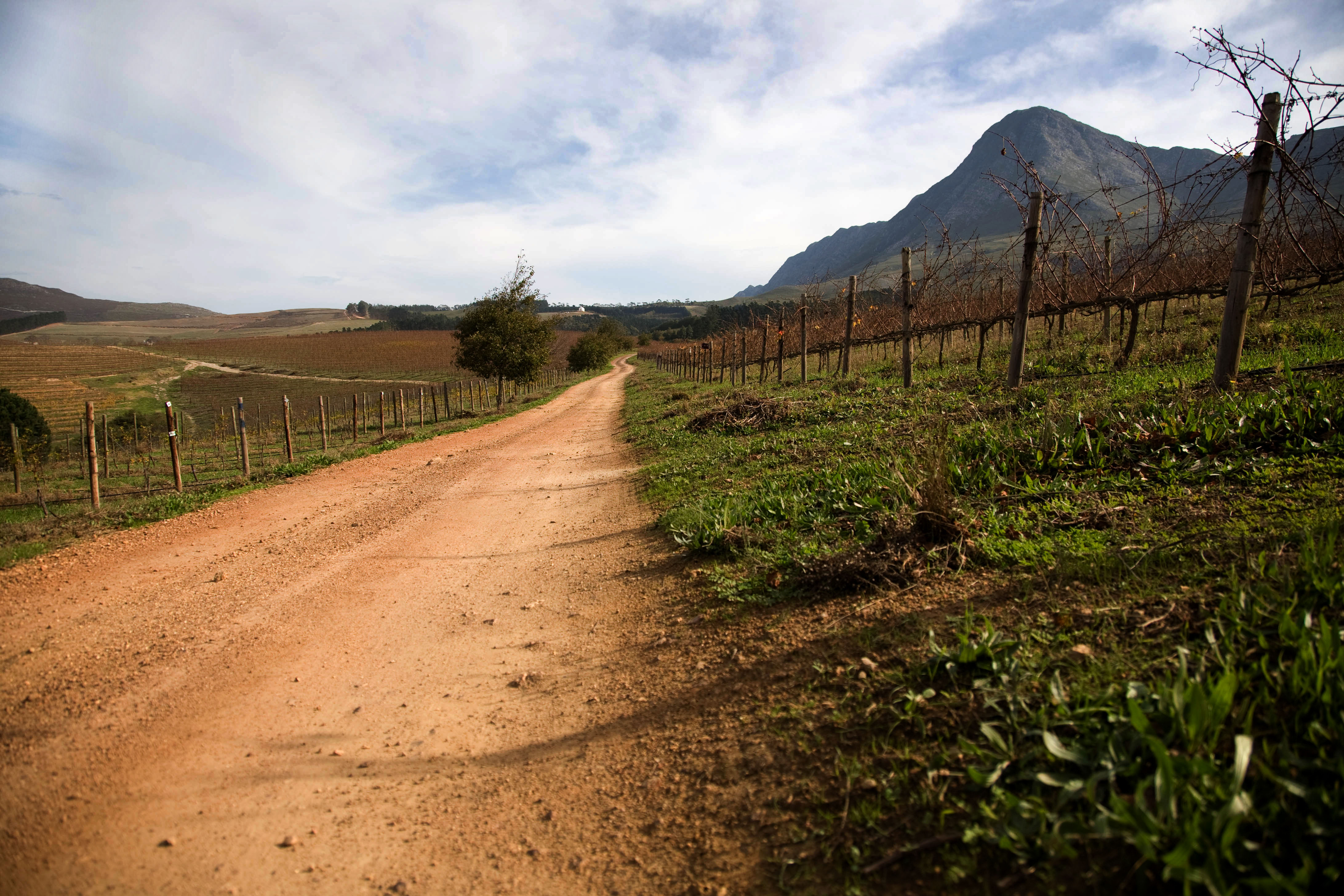




You can find an overview of ongoing debates with our journalists here . Please join us!
If you want to start a conversation about a topic raised in this article or want to report factual errors, email us at english@swissinfo.ch.